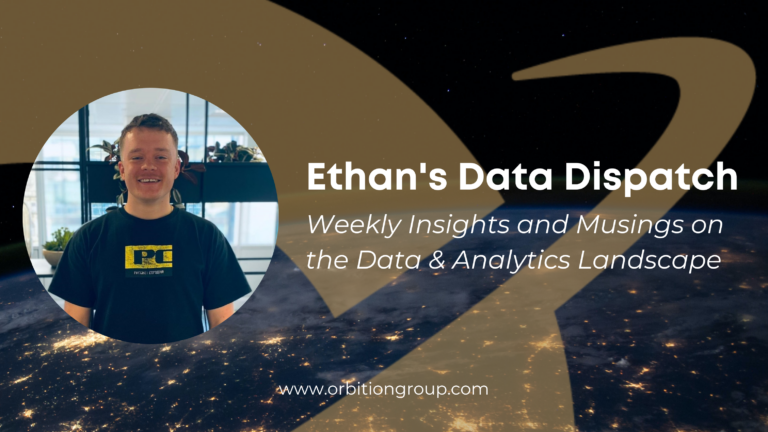
With the rising number of Chief Data Officers in businesses comes a deeper appreciation for Data & Analytics professionals and their impact. Once an organisation understands data-driven value and recognises new revenue opportunities, it’s a snowball effect for hiring and retaining the best talent.
The Data & Analytics community is a relatively tight circle where news spreads fast. Having a compelling story and strategy centred around data is an incredible asset for scaling.
When an organisation truly commits to being data-driven, they stand out from the rest and people know that their work is going to be useful, impactful and visible.
The evolution of Data & Analytics roles is a natural response to organisations changing their approach to data. We’re seeing the emergence of roles and titles that didn’t exist 12 months ago that will continue to change and develop as the relationship between data and business becomes more intertwined.
Take self-service tooling for example, it has changed the way Data Scientists work. In the past, if the gap between data and business was significant enough, then the Data Science teams could become disconnected and the work that they spent so long on might not be actioned. Self-service tooling, Data Scientists have a greater access to data and can build a better picture of business context to ensure their work is optimised to solve a problem.
We’re seeing far more Software Engineers transition into successful Data Engineers. There was a boom in the demand for Data Scientists a few years ago as organisations rushed into working with shiny technologies, but a lot of organisations neglected solid foundations in data engineering. As a result, the demand for Data Engineers has drastically risen, leading to a shortage of talent. Software Engineers are making the jump to data engineering to capitalise on the modern definition of being a Data Engineer that is not necessarily concentrated around building pipelines anymore.
It’s interesting to see the progression of Data & Analytics roles that will likely continue indefinitely as technology innovates and data becomes more prominent globally. As the lines between some roles and titles blur, businesses can take advantage by revolutionising the structure of data teams and how they operate to become more efficient, while candidates will seemingly have more choice and not carve their own career path without limiting themselves to one type of role.
What changes have you seen recently, and what do you think could be next in the evolution of data & analytics roles?

Ethan Simpkin
Ethan is a highly skilled consultant with us here at Orbition, specializing in data and analytics.
With a passion for technology and a natural talent for identifying top talent, he has become a valuable asset to both clients and candidates in the industry.Read more.


